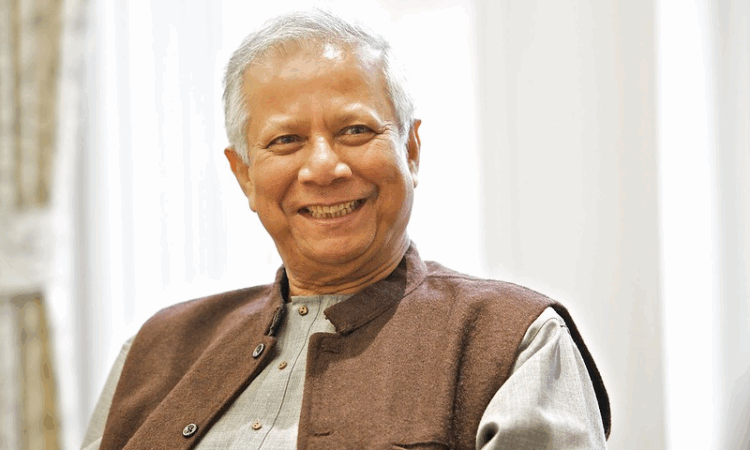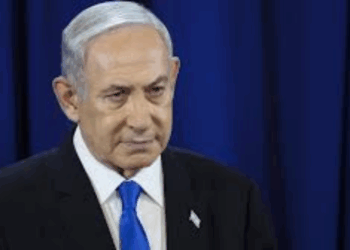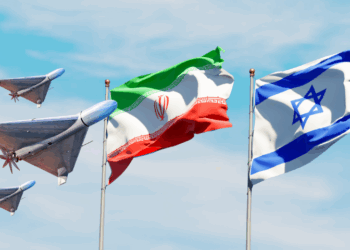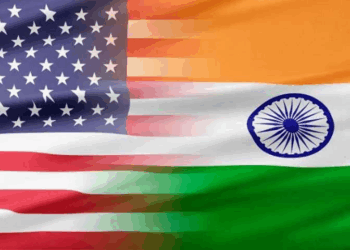Dhaka, June 6, 2025: Bangladesh will hold national elections in the first half of April 2026, the country’s interim Prime Minister Muhammad Yunus announced on Friday, ending months of speculation over the future of governance in the wake of the 2024 political upheaval that ousted former premier Sheikh Hasina.
In a televised address, Yunus, the Nobel Peace Prize-winning economist who has led the unelected transitional government since August, said, “After reviewing the ongoing reform activities… I am announcing to the people today that the next national election will be held on any day in the first half of April 2026.”
He added that the country’s election commission would soon unveil a comprehensive roadmap for the vote. Yunus, who is not affiliated with any political party, reiterated that he would not stand in the upcoming election.
Bangladesh, home to over 173 million people, has been under the stewardship of the Yunus-led caretaker administration since the ouster of Prime Minister Hasina following intense, student-led protests in mid-2024. The unrest, which escalated into nationwide strikes and violent clashes, ultimately forced Hasina to flee to neighboring India after ruling the country for nearly two decades.
While Yunus initially received widespread domestic and international support for overseeing a peaceful transition, his government has recently faced growing criticism. Protests flared again last month over controversial orders allowing for the dismissal of public servants without due process, as well as widespread dissatisfaction over stagnant wages and economic uncertainty.
The delay in announcing a firm election date had also sparked concerns from opposition groups, particularly the Bangladesh Nationalist Party (BNP), which had warned of further instability if elections were not held by the end of 2025.
The BNP’s leader and former prime minister, Khaleda Zia, was acquitted in January in a long-standing 2008 corruption case, clearing the path for her political comeback. The BNP, which boycotted the last election amid a sweeping crackdown, has since called for free and fair polls under neutral supervision.
Meanwhile, the once-dominant Awami League — which led the country under Hasina since 2009 — remains in political limbo. Last month, the Election Commission suspended the party’s registration, effectively barring it from contesting the next elections. The move followed the government’s decision to ban all party activities under the Anti-Terrorism Act, citing national security concerns after renewed pro-Hasina demonstrations turned violent.
Hasina, widely credited for Bangladesh’s rapid economic development during her tenure, has also faced sustained criticism for human rights abuses, suppression of dissent, and manipulation of electoral processes. Her controversial fourth term in 2024 came after a heavily boycotted vote that many international observers described as neither free nor fair.
With the announcement of an election timeline, attention now turns to how inclusive and transparent the electoral process will be. International observers and human rights organizations have called on the Yunus administration to ensure a level playing field for all political actors, including former ruling parties.
Analysts say the coming months will be crucial for Bangladesh’s democratic future. “This is a key moment for national reconciliation,” said Dr. Anika Rahman, a Dhaka-based political scientist. “The credibility of the 2026 vote will shape the country’s stability for years to come.”
As the countdown to April 2026 begins, Bangladesh’s fragile political transition faces its next major test.








